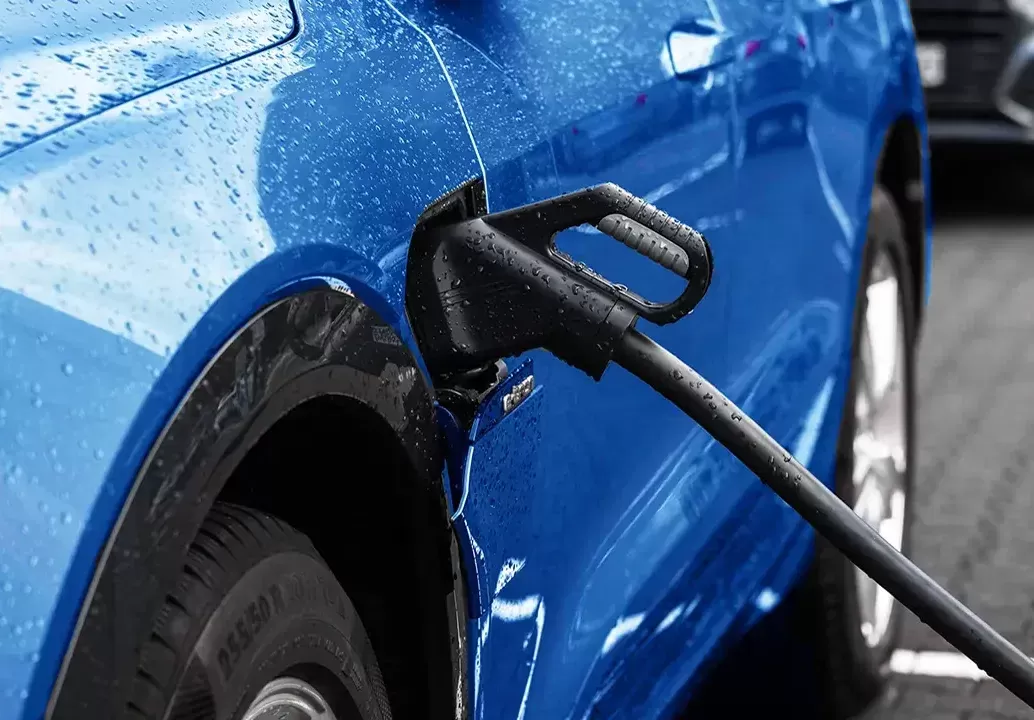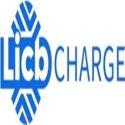Notifications

5 minutes, 34 seconds
-3 Views 0 Comments 0 Likes 0 Reviews

As electric vehicles (EVs) become increasingly popular worldwide, ensuring the safety and durability of charging infrastructure is crucial. One often overlooked issue is the risk of China EV chargers overheating. Excessive heat can reduce charging efficiency, damage components, pose safety hazards, and shorten the lifespan of your charger.
In this article, we explore the main causes of EV charger overheating and share practical solutions to help you avoid problems. Whether you're a new EV owner or manage a fleet, understanding these factors will protect your investment and ensure reliable charging.
Overheating typically results from a combination of electrical, environmental, and hardware factors:
Using a shared electrical circuit is a common cause of overheating. High-power appliances like air conditioners or ovens running on the same circuit as your EV charger can cause overcurrent, leading to dangerous heat buildup in wiring and components.
EV chargers generate heat during use. Installing them in confined or poorly ventilated spaces (like enclosed garages or utility closets) traps heat and causes temperatures to rise, risking thermal stress or automatic shutdown.
Low-quality chargers may lack proper heat sinks, temperature sensors, or insulation, increasing the risk of overheating. Certified chargers use quality materials and design to manage thermal loads safely.
High ambient temperatures and direct sunlight, especially for outdoor wall-mounted chargers, can exacerbate overheating. Dust, rain, and fog can further strain chargers without proper sealing and environmental protections.
Installing your charger on a dedicated circuit prevents overloads and heat buildup. This setup is often required for high-power Level 2 chargers (7kW, 11kW, 22kW). Consult a licensed electrician to confirm your installation.
Choose areas with good airflow indoors, and shaded, weather-protected spots outdoors. Weatherproof enclosures with ventilation help maintain safe temperatures. For example, LiCB EV chargers feature IP65-rated waterproofing and dust protection designed to minimize heat-related risks.
Invest in chargers meeting international safety standards such as CE, TUV, FCC, and CCC. High-quality units include thermal cutoffs and heat-resistant components that handle temperature spikes safely. LiCB chargers incorporate these features, enhancing reliability.
Inspect your charger for damage, secure connections, and clean vents or fans to ensure proper cooling. Chargers with real-time temperature monitoring—like LiCB’s intelligent all-link temperature control system—can automatically shut down within 0.2 seconds if overheating is detected, preventing damage.
Integrated Temperature Sensors: Continuous thermal monitoring with automatic speed reduction or shutdown.
Overcurrent and Overvoltage Protection: Guards against electrical surges and wiring faults.
Surge and Lightning Protection: Essential for outdoor installations to handle voltage spikes.
Smart Connectivity and Alerts: App integration to monitor charging status and receive overheating alerts.
Cooling Mechanisms: Heat-dissipating fins or internal fans regulate temperature during extended use.
If your charger feels excessively hot, shuts down frequently, or smells like burning:
Stop charging immediately and unplug the unit.
Inspect cables, plugs, and housing for damage or melting.
Ensure the charger is well-ventilated and not exposed to direct heat.
Contact the manufacturer for support or warranty service.
Consult a certified electrician for persistent electrical issues.
Never attempt repairs yourself unless you are qualified.
Overheating in EV chargers is a preventable problem that can be managed with proper installation, high-quality equipment, and regular maintenance. Using a dedicated circuit, installing your charger in ventilated or sheltered locations, choosing certified models like LiCB EV chargers, and monitoring your charger’s condition help ensure safe and efficient charging.
Advanced safety features such as intelligent temperature controls provide additional protection, safeguarding your charger, vehicle, and property.
Protect your investment—and your peace of mind—by prioritizing these best practices to keep your EV charger cool and reliable.Know more about Google SEO Directory
China EV Chargers EV Charger Manufacturer Smart EV Chargers Electric Car Chargers Electric Vehicle Chargers Electric Car Charging Stations

